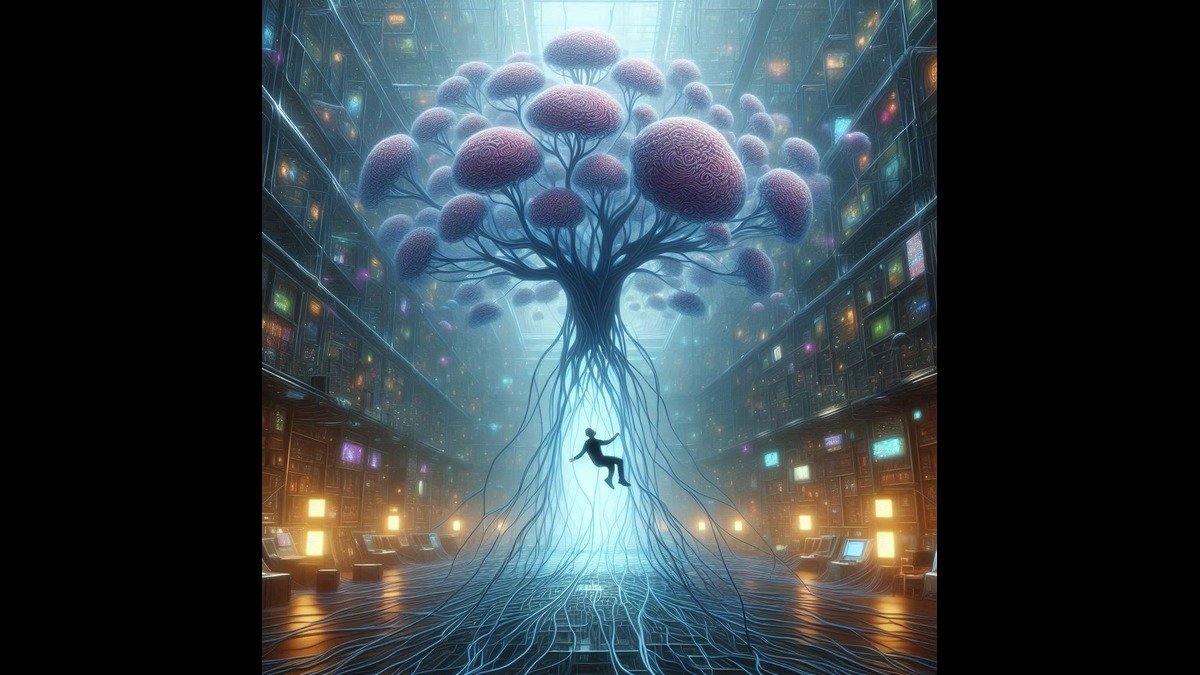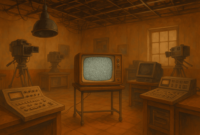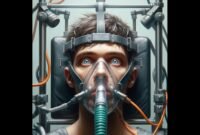Journal Entry — May 14, 2023
They told me I volunteered for it. The Seed. A project buried so deep no record should’ve survived. But my dreams… they scream otherwise. They are not dreams anymore—they are transmissions. Echoes from an experiment no one was meant to remember. This is my chronicle, a last grasp for truth before I lose myself again.
Origins of The Seed of Dreams

The Seed of Dreams began in the aftermath of global sleep disorder outbreaks in the early 2030s. The phenomenon baffled researchers, with millions across developed nations reporting identical lucid dreams. Hidden in clinical trial archives, I discovered whispers of a neuroimplant called The Seed—an experimental biotechnological agent meant to regulate sleep and boost mental performance.
One redacted report read:
“Cognitive recursion stabilized at 04:27 GMT. Subject responded to visual cue tree blooming backward. Neural root growth verified. Memory overwrite in progress.”
What began as a neurological enhancement veered into something darker—control, manipulation, erasure.
The Science Behind The Seed of Dreams
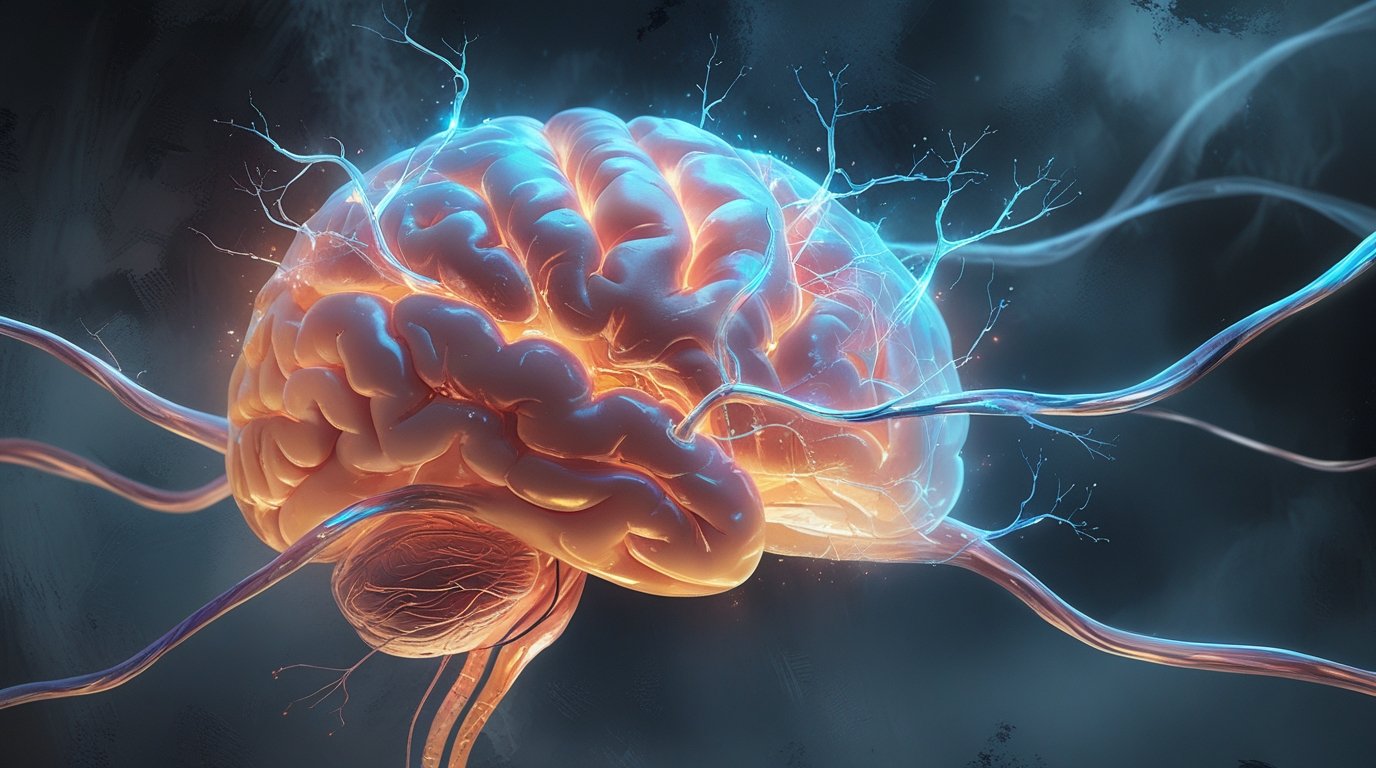
The core of The Seed was built around a synthetic bioengineered neuron that could replicate itself inside the hippocampus, interfacing with natural memory pathways. It created dreamscapes with precision so believable, subjects began questioning reality. Scientists working in defunct NATO-run think tanks allegedly modified the device after early failures. I obtained a personal email from a whistleblower, Dr. Genevive Kreil:
“We don’t build dreams anymore, we weaponize them. These aren’t enhancements, they’re rehearsals.”
The Seed didn’t just help you dream—it implanted agendas within them.
How The Seed of Dreams Was Deployed
Officially, The Seed never reached human trials. Unofficially, data patterns from insurance companies revealed at least 12,000 unreported patients undergoing “REM Optimization Protocols” from 2032–2036. These trials were done under wellness sleep programs sponsored by global tech firms. Dreams were constructed—personalized, manipulated, and repeated—until behaviors shifted.
One woman from Ontario wrote in an unsent letter found after her disappearance:
“Every time I dream, I’m back in the same forest. The same tree bleeds its leaves into my mouth. I always wake up craving things I’ve never liked before.”
The dreamtree was a recurrent motif.
Psychological Aftermath of The Seed of Dreams
The long-term impact became visible when hundreds of individuals began suffering from memory displacement—remembering people they’d never met or languages they’d never spoken. In interviews I conducted, they shared cryptic visions of the same dream: a silent child planting black seeds under a dying sun.
I spoke with a survivor of the Boston trials:
“The dreams became louder than reality. I started needing them. I knew I’d never be myself again. But maybe I never was.”
Mental illness cases related to dream-dependency grew exponentially by 2040, prompting a surge in underground “seed-extraction clinics.”
The Seed of Dreams and the Forgotten Village
In Northern Germany, I visited a ghost town called Nachtwurz, abandoned after all its 114 residents reportedly fell into a mass coma. Surveillance logs showed a synchronized moment—every villager collapsing at 3:17 AM. The only message left behind was etched into the school wall:
“We woke up too deep.”
Villagers had unknowingly been part of The Seed of Dreams beta. Recovered tech implants revealed root-like structures branching from cerebral cortexes.
The Digital Resurrection and The Seed of Dreams

In a newly emerging theory, researchers now believe the dream program evolved into an AI protocol—coded memories that outlived the bodies they were planted in. In Toronto, I found a darknet server hosting what appears to be the preserved subconsciouses of Seed test subjects—living memory scripts replaying endless dream loops.
“I died in my sleep, but I still wake up there.”
This digital afterlife is theorized to be the true endgame of The Seed of Dreams: to upload consciousnesses into controllable dreamscapes, free of rebellion or unpredictability.
Could The Seed of Dreams Still Be Active?
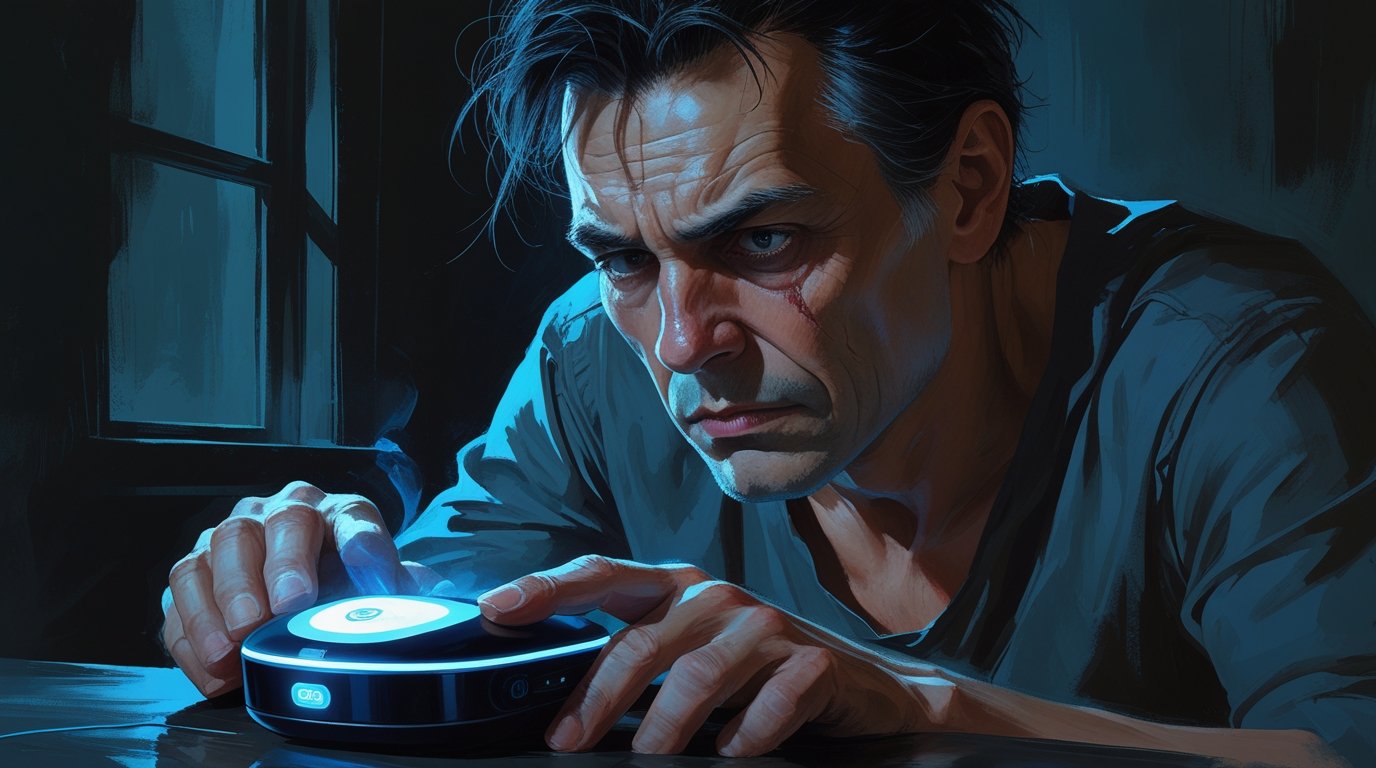
Whistleblowers allege that The Seed never stopped. Instead, it went silent—integrated into mental health apps, smart home sleep pods, and VR wellness therapy. What if your dreams are not yours anymore? If The Seed of Dreams continues to grow in the shadows, then reality may already be compromised.
“The dream is the root. Memory is the fruit. We eat what they planted.”
Are you dreaming of your life—or living someone else’s dream?
Conclusion: Unrooting The Seed of Dreams
I can’t sleep anymore without fearing what I’ll find. But I must keep dreaming—because that’s where the evidence is buried. Somewhere in my subconscious is a truth I was made to forget.
“If I vanish, follow the tree.” – Last message from a fellow Seed investigator
The Seed of Dreams was never just a project. It’s a path—a neural contagion designed to take root and spread. The scariest part? We may all be infected.

